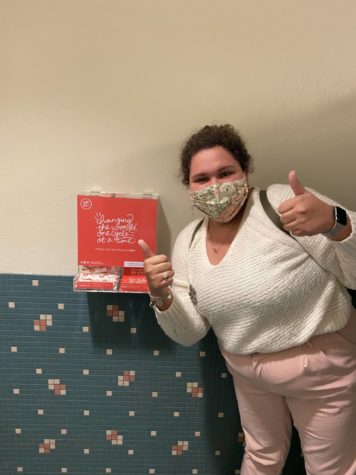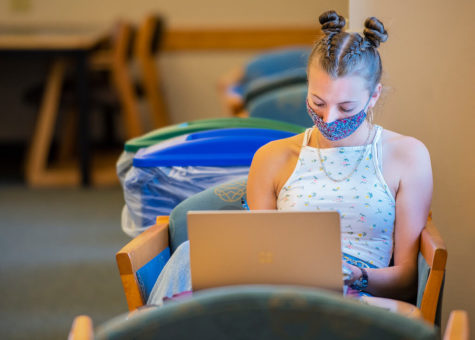How to Deal with Burnout
May 10, 2023
As students, we have all experienced burnout in one capacity or another. Whether from work, exams, or attempting a school-life balance, burnout is inevitable when we go at too high of a pace for too long.
What is burnout?
Burnout is a state of emotional, physical and mental exhaustion caused by excessive and prolonged stress. It exudes several signs: feeling too exhausted to function, experiencing stress that leads to anger or frustration, feeling apathetic or dissatisfied with your work, consistent headaches, and changes in sleep and diet.
How can I deal with burnout?
The first step to curing burnout is identifying your relaxants. As I said before, burnout is a form of extreme bodily exhaustion. Exhaustion can be thought of as an empty tank of gas—it simply needs to be refilled. However, gas in this context can be a variety of things.
Exercise
Although seemingly counterintuitive, exercise is a form of rest—it’s a mental break and an emotional release. Not only that, but it provides recovery for your cognitive processes. Cognition refers to your sensation, attention, and perception. Burnout affects your cognitive processes and can therefore severely affect your study and workability. Exercise revitalizes your mind and gets you back in working condition.
Take breaks
Sometimes, taking a vacation is not possible. There is seemingly too much work to be done and not enough time. However, incremental breaks can be just as effective as a weekend getaway. You might be able to achieve short-term results for a period of time, but your body is too physiologically drained to achieve anything long-term. The short “refueling” between long study or work hours might be what your body needs to keep going long-term.
Set boundaries
Most of the time, burnout occurs because we have a hard time saying no. We stack too much on our plate and in turn, have difficulty maintaining our balance. When we set boundaries and learn to say no, we give our bodies time to slow down, heal, and even perform better at our current tasks.
Practice wellness
The college period of our lives can be the most stressful because some of the most drastic changes occur during this period. Most students move out of the house for the first time and have to learn to take care of themselves. Then, they have to grow in emotional intelligence to live peacefully with roommates, who are oftentimes strangers. On top of household and social responsibilities, they also have a job or two, and classes. With so much pressure on our shoulders as students, it is important to take care of our wellness.
Wellness refers to practicing healthy habits on a daily basis to attain better physical and mental health outcomes. Practicing wellness includes exercise, as well as maintaining a healthy diet, reading, listening to podcasts, meditation, going on walks, and even spending time with friends and family. Anything that you can incorporate daily that will slow down your body and mind and provide proper nutrients and growth will increase your overall wellness.
I find giving myself ample time in the morning before diving into my work useful. Once I take care of my wellness during my morning routine—which includes reading the Bible and prayer, practicing gratitude, making a green drink and cooking a nutritional breakfast, and most days, going to the gym—I feel more prepared physically and mentally to begin my work for the day.
Dealing with burnout can look different for everyone, but by following some simple guidelines and practices, you can refill your tank and be the best version of yourself!










































